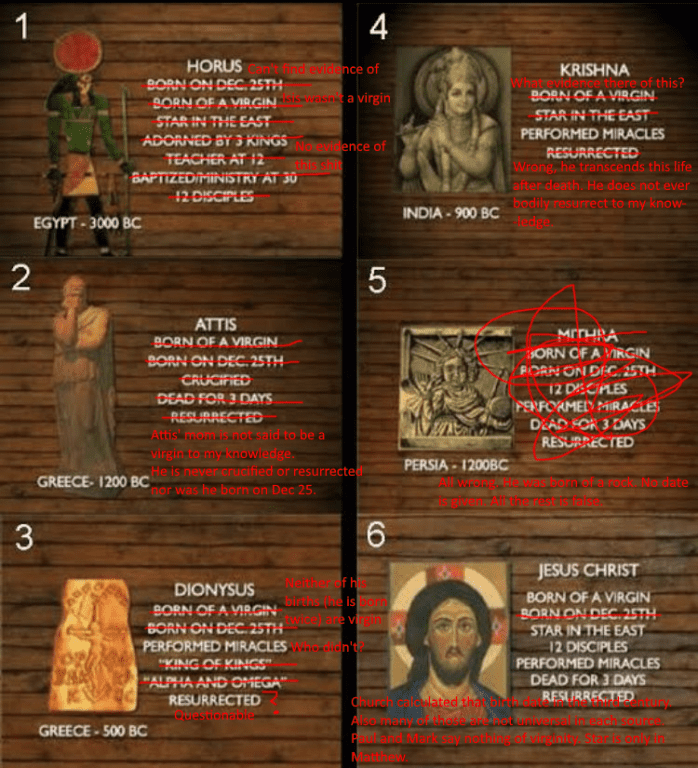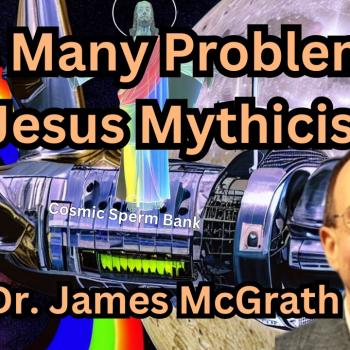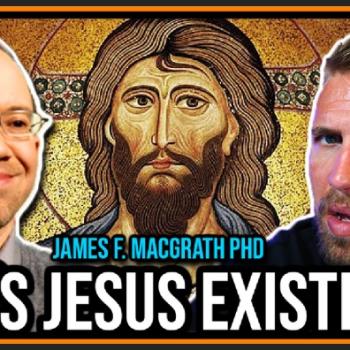One of the scholars that I had the pleasure of meeting at the conference I attended in Romania is Anna Oracz from Poland. In seeking to connect with the academics I met there through sites like academia.edu, I discovered that Oracz has written a review of Rene Salm’s denialist take on the village of Nazareth. Her conclusion is summed up well in this sentence: “anybody seeking an honest evaluation of the evidence in “The Myth of Nazareth” will be disappointed.”
As I mentioned in a recent blog post that I wrote in Romanian, which to my surprise some readers took the time to decipher even though they do not speak Romanian, the mythicist idea was part of Communist propaganda in Eastern Europe, being found in works in German and Polish as well as Romanian.
I’ve thus been thinking that it could be worthwhile to write an article about the ideological frameworks within which mythicism has been deployed as part of their arsenal. All of them have an anti-religious bent, whether it be Communist or modern online atheist opposition to religion in general, or Nazi and Eurocentric efforts to have Jesus be based on European myths rather than represent a Jewish messianic figure. Indeed, the fact that this particular stance has been used in such different ideological contexts is striking, and looking into it might help clarify what makes certain types of rejection of mainstream scholarship take root in the ways that they do within certain movements. What do others think? Would something like a ‘history of mythicism’ be worth writing? Would anyone read it? If I wrote it, mythicists would only read it to “debunk” it – the same way they read previously published historical scholarship (when they bother reading it, that is).
In looking into this, I also came across an article shared online on Academia.edu by Alina Petru, “Elemente de critică religioasă în mişcarea Zeitgeist.” Also related to this topic, whether directly or tangentially:
https://www.patheos.com/blogs/godlessindixie/2019/05/05/was-jesus-a-real-person/
https://nakedpastor.com/you-cant-predict-where-questioning-your-beliefs-will-lead-you/
https://www.simoneventurini.com/it/cristianesimo-tra-mitra-e-osiride/
Finally, here’s yet another effort to counter a silly counterfactual mythicist meme that circulates on social media.















